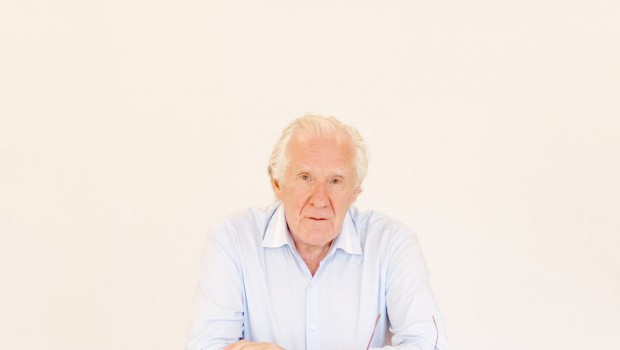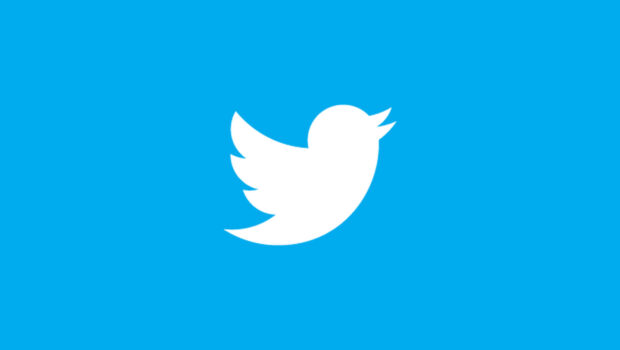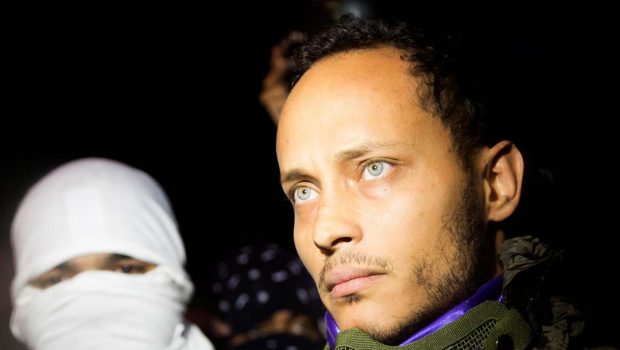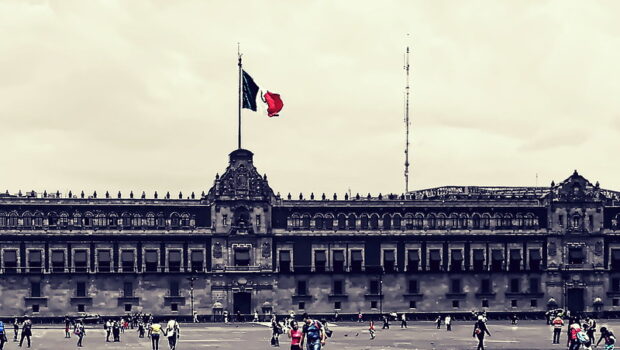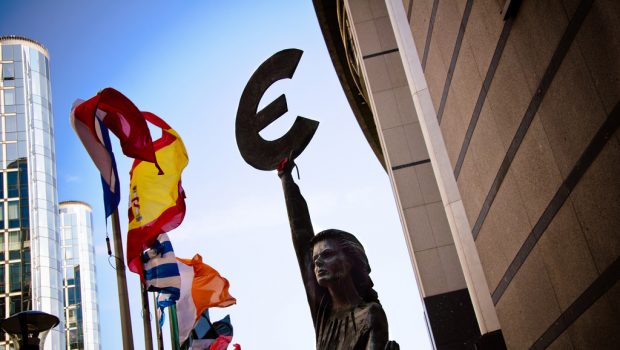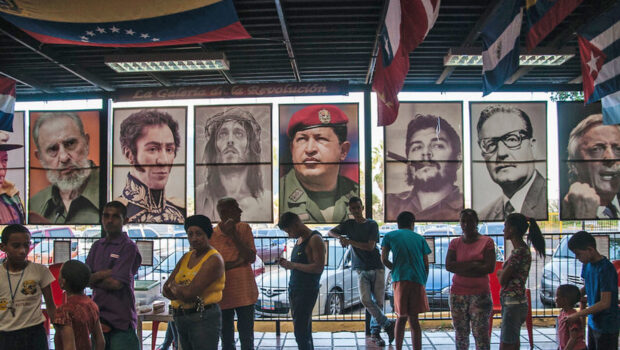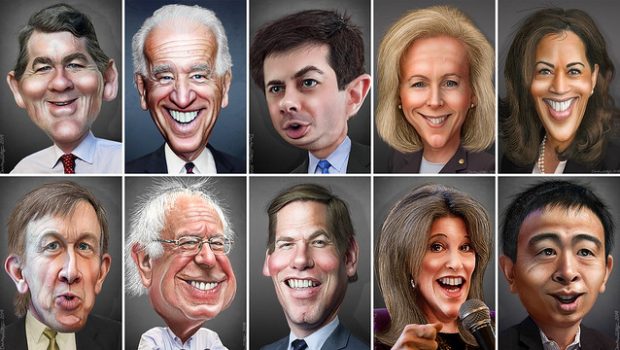On Optimism
Sobre el optimism
Alan Badiou
Could you tell us what your lecture is going to be about?
I think that the keynote lecture is, in principle, to explain to the people what is the contemporary situation in the world, and how is it possible to change this situation. And so we have, if you want, two parts. First, what is the situation today, what is the crisis, and so on; and second, is there some hope to go beyond that?
Is there some hope?
I am a philosopher and I think that the business of a philosopher is to be optimistic. Because if you are pessimistic, finally, there is no use of yourself, because to be pessimistic there is no nécessité to be a philosopher. The situation suffices. And so to say to people something which can be useful for them, we must have some hope to transform the world and to go in the direction of a better world if it is possible. The question of possibilité, finally, is a material question, a political question, and not completely a philosophical question.
How do you see the crisis? What’s wrong with the world?
I think there are two different levels of crisis. There is an objective level, which is the crisis of capitalism today. The financial crisis and all that. And I think there is also a subjective crisis, which is not immediately the same thing. There is something like a disorganization of life, a disorganization of thinking, an obscure vision of the future. I think this is the most important point, because for all young women and men in the world today, the future is really obscure. Can we continue as now? It is not really exciting. Can we invent something really different? It is unclear. All the politicians, all the governments and so on, have only the idea to continue. To continue if it is possible. But to continue only to repeat, if you want, the situation, is not a really a good future for younger men and women of today. So the philosopher il faut to say OK, there is a crisis, but if we cannot modify immediately the objective crisis, because we are not supposed to do something like that, we can modify the subjective level of the crisis and propose new ideas and new vision, new forms of life for human kind.
Can you tell us what sort of new forms you are thinking of?
We must define a new form of freedom. I think freedom today is largely the freedom to buy something, or the freedom to have money, or the freedom to do what we want when we have some money to do so. And so the freedom of today is, in fact, a sort of a material freedom which is a strong déséquilibre of the situation, of the crisis and so on. And so maybe we must search and find another definition of freedom which is much more on a subjective level and on the side of creation, if you want, on the side of the possibilities of mankind as such. There is a field of new forms of political organization, new artistical creations, new inventions, new style of life, if you want. And it is a general direction. To propose a new definition of freedom, the formal one, a definition today, which is a mixture of materialism, to have money, and a representative vision of politics; we have some governance, and so on, but all that cannot really define freedom for today.
What is your advice for young people today?
I think for young people today, my goal is first to transmit my experience; to transmit my experience of an old man in some sense who has known something, a really different world before. A world with political awe, with revolutionary ideas, and so on. And first, to transmit that sort of experience, to understand clearly that different subjectivities can exist today, because it was not so many years ago. Some ten years ago, twenty years ago, thirty years ago, we had different subjectivities. The first point is the transmission of the world when we have an experience, we must transmit it to a younger women and men and after that, reconstruct the possibilité to be optimistic.
¿Podría usted adelantarnos un poco sobre el tema de su conferencia?
Pienso que la tónica de la conferencia debe, en principio, exponerle a la gente la situación del mundo y cómo sería posible cambiarla. Tenemos entonces, dos contextos: primero, cuál es nuestro escenario y, en segundo lugar, ¿hay esperanzas de superarlo?
¿Hay esperanza?
Soy filósofo y creo que la empresa de un filósofo es ser optimista. Porque si eres pesimista, después de todo, aquello es inútil: para ser pesimista no hay necesidad de ser filósofo. Se trata de una condición autosuficiente. Y para decirle a la gente algo que le pueda ser útil debemos tener alguna esperanza de transformar el mundo en la mejor dirección posible. La dimensión de dicha posibilidad, finalmente, es un asunto material, un tema político y no una cuestión filosófica.
¿Cómo ve la crisis? ¿Qué pasa con el mundo?
Creo que hay diferentes niveles. Uno objetivo: la crisis actual del capitalismo –bancarrota financiera y todo eso. Existe también una quiebra subjetiva; algo así como una desorganización de la vida y el pensamiento, una visión del futuro oscura. Me parece que este es el punto más importante: para todos los jóvenes, mujeres y hombres en el mundo de hoy, el futuro es muy incierto. ¿Podemos continuar como hasta hoy? No resulta nada grato. ¿Pero podemos concebir algo diferente? No hay nada claro al respecto. Cualquiera de los políticos y todos los gobiernos sólo albergan la idea de continuar. Y por el mismo camino, si es posible. Pero la situación no ofrece un buen futuro para los jóvenes, hombres y mujeres de hoy. El filósofo debe decir: “Bien, existe un problema; aunque si no podemos modificar inmediatamente aquella dificultad objetiva, ¿por qué no podemos hacer algo en otra dirección?” Podemos modificar el nivel subjetivo de la crisis, proponer nuevas ideas y otra visión, nuevas formas de vida para la especie humana.
¿Qué tipo de formas? ¿Nuevas maneras de pensar?
Debemos definir una nueva forma de libertad. En gran medida la libertad de hoy es libertad para comprar algo, tener dinero o hacer lo que deseamos cuando contamos con los recursos. La libertad es hoy, de hecho, una suerte de libertad material que implica un fuerte desequilibrio y la crisis de toda situación, y así sucesivamente. Tal vez debemos buscar y encontrar otra definición de libertad; mucho más en el nivel subjetivo y por el lado de la creación, en el costado de las posibilidades humanas como tales. Hay todo un campo de nuevas formas de organización política; creaciones artísticas, inventos y estilos de vida nuevos. Esa es la idea general: proponer una nueva definición de libertad. La libertad formal de hoy en día es una mixtura de materialismo: tener dinero y un representante político para dicha visión. Así es el gobierno que tenemos. Pero eso no puede definir la libertad de hoy.
¿Qué le diría a los jóvenes?
En el caso de los jóvenes mi primer objetivo es transmitir mi experiencia, la de un hombre viejo que ha sabido algo de un mundo diferente. Un mundo con reverencia por la política y con ideas revolucionarias. Transmitir este tipo de experiencia para comprender con claridad que existen diferentes subjetividades a las de la actualidad. Hace unos diez, veinte o treinta años atrás, teníamos otras subjetividades. El primer objetivo es transmitir una experiencia a las mujeres y hombres más jóvenes y, después, reconstruir las posibilidades para ser optimistas.


